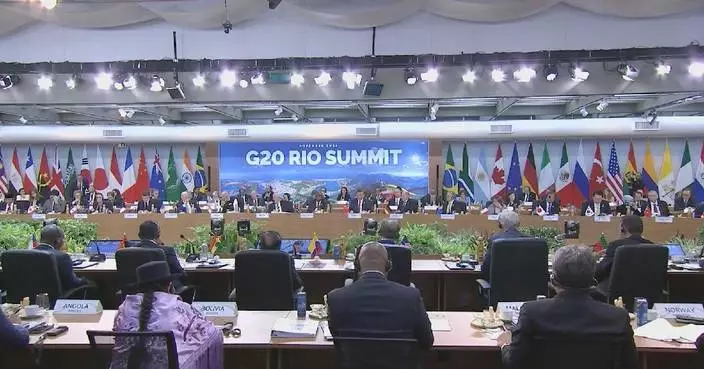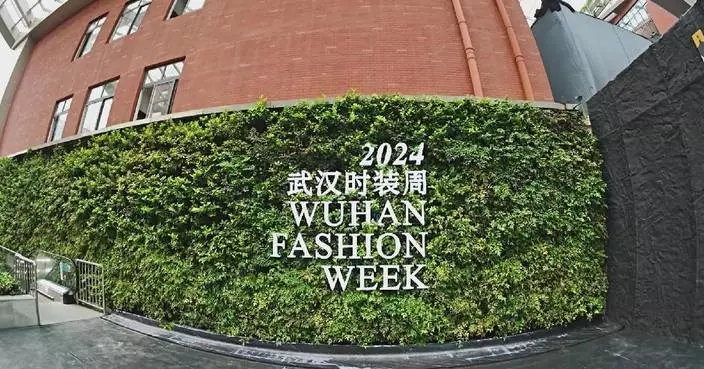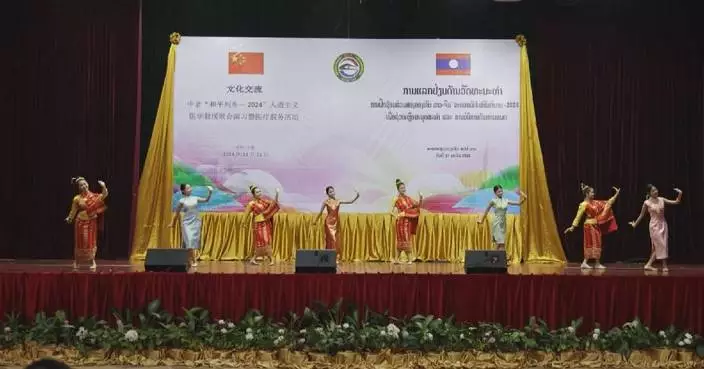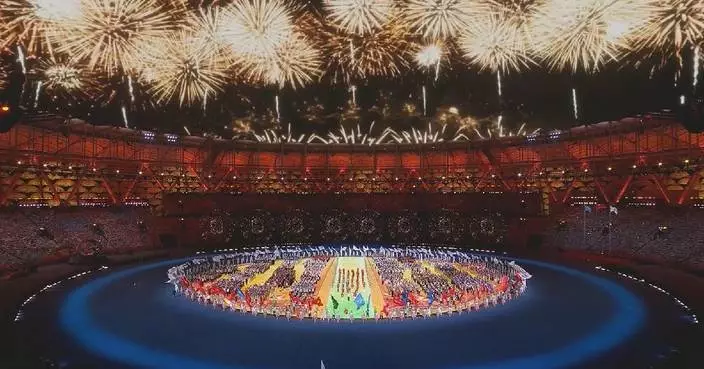A Chinese expert believed that the new round of China-U.S. strategic communication started on Tuesday focused on key substantive issues.
Chinese Foreign Minister Wang Yi met with U.S. National Security Advisor Jake Sullivan in Beijing on Tuesday, marking a new round of strategic communication between the two countries.
Sullivan is visiting China from August 27 to 29 at the invitation of Wang.
In an interview with China Central Television (CCTV), Gao Fei, deputy director of China Foreign Affairs University, gave his analysis over this round of communication.
"To better develop the bilateral ties and prevent the competitions between the two countries from becoming conflicts actually require both sides to take greater responsibilities. In this case, for now, the two sides still have a lot of work to do, especially in terms of establishing a correct mutual understanding, while avoiding pan-politicization and pan-security to affect the economic cooperation between the two countries. From the perspective of the United States, it is in a critical election year. Under such circumstance, keeping a steady bilateral relationship and promoting the sustainable development of bilateral relations is crucial to both nations and the world," said Gao.
The bilateral communication has attracted high attention from other countries. Gao believed that major issues in a macroscopic and strategic level were discussed. He listed three key problems.
"The biggest problem in the relationship between China and the United States is that the U.S. sees China as an adversary in terms of strategic perception. In this way, the 'first button' has already tied wrong, so a lot of problems will follow. Another problem is that due to the interference of the United States, the global industrial chain and supply chain are actually disturbed. So, the economies of countries around the world have been facing huge challenges. As for security issues, every nation has its legitimate concerns. We do, and so does the U.S. However, what's the boundary of security affairs? These are the issues that should be discussed by both sides," Gao said.
This is the first visit to China by a National Security Advisor to the U.S. President in eight years.
In Gao's opinion, China and the United States have conducted candid and constructive dialogues, which would play a positive role in shaping a long-term, stable and healthy bilateral relationship.
"The role of the National Security Advisor is very important. We can see its significance from some milestones in China-U.S. relations. In 1971, Kissinger visited China as the then National Security Advisor. His visit played a critical role in normalizing China-U.S. relations. Therefore, the visit of the National Security Advisor is a strategic move for the United States. I think Sullivan's visit to China in itself is quite meaningful," Gao noted.
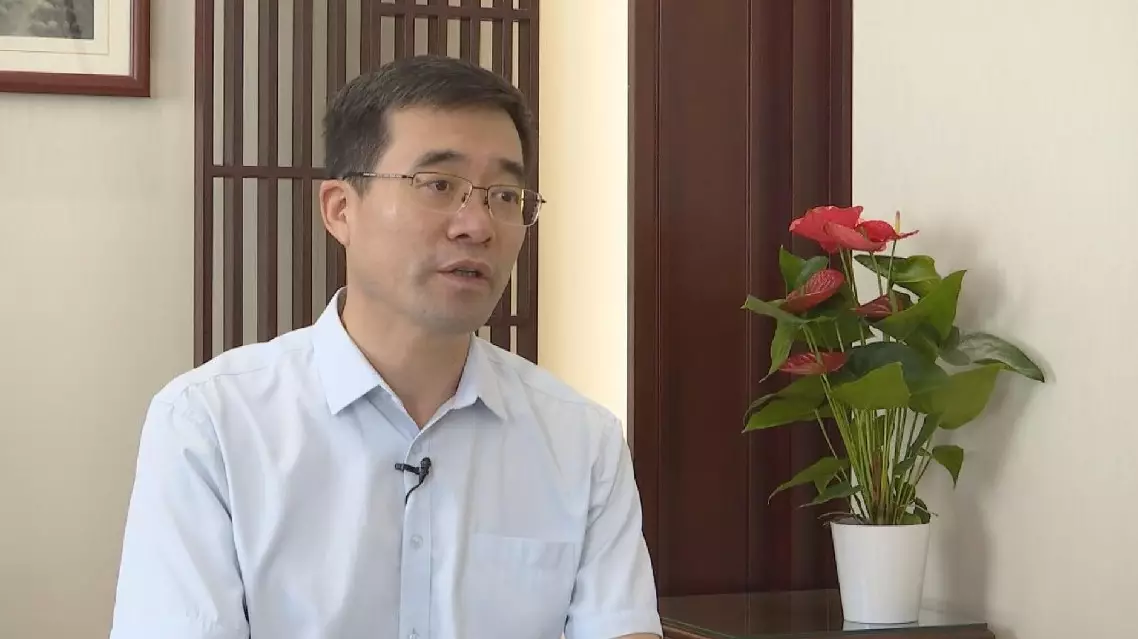
New round of China-U.S. strategic communication focuses on substantive issues: expert



